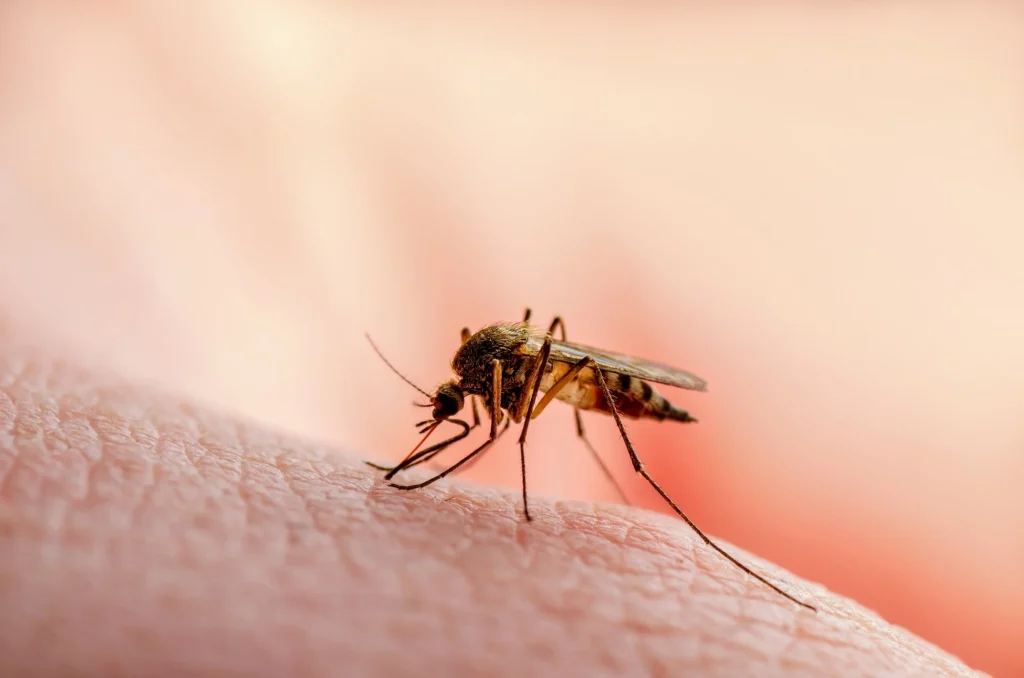An invasive mosquito species, Anopheles stephensi, is driving a worrying surge in malaria across East Africa, threatening to undo decades of progress in combating the disease. The mosquito, originally native to South Asia and the Middle East, thrives in urban environments and is resistant to insecticides, making traditional control measures like bed nets less effective.
Africa, which already bears the brunt of malaria cases globally, is now facing a new challenge as Anopheles stephensi spreads. In Ethiopia, malaria cases surged from 4.1 million in 2023 to 7.3 million in 2024, with deaths more than doubling.

The mosquito’s adaptability to urban settings and year-round activity has raised fears of outbreaks in densely populated cities such as Mombasa and Khartoum.
Experts warn that the mosquito’s spread could reverse progress, especially in countries like Egypt, which was recently declared malaria-free. Additionally, emerging threats like drug-resistant malaria and new parasite variants evading diagnostic tests exacerbate the crisis.
To address this, scientists and organisations are calling for increased research, better funding, and cross-border collaboration to contain Anopheles stephensi and its devastating impact.


